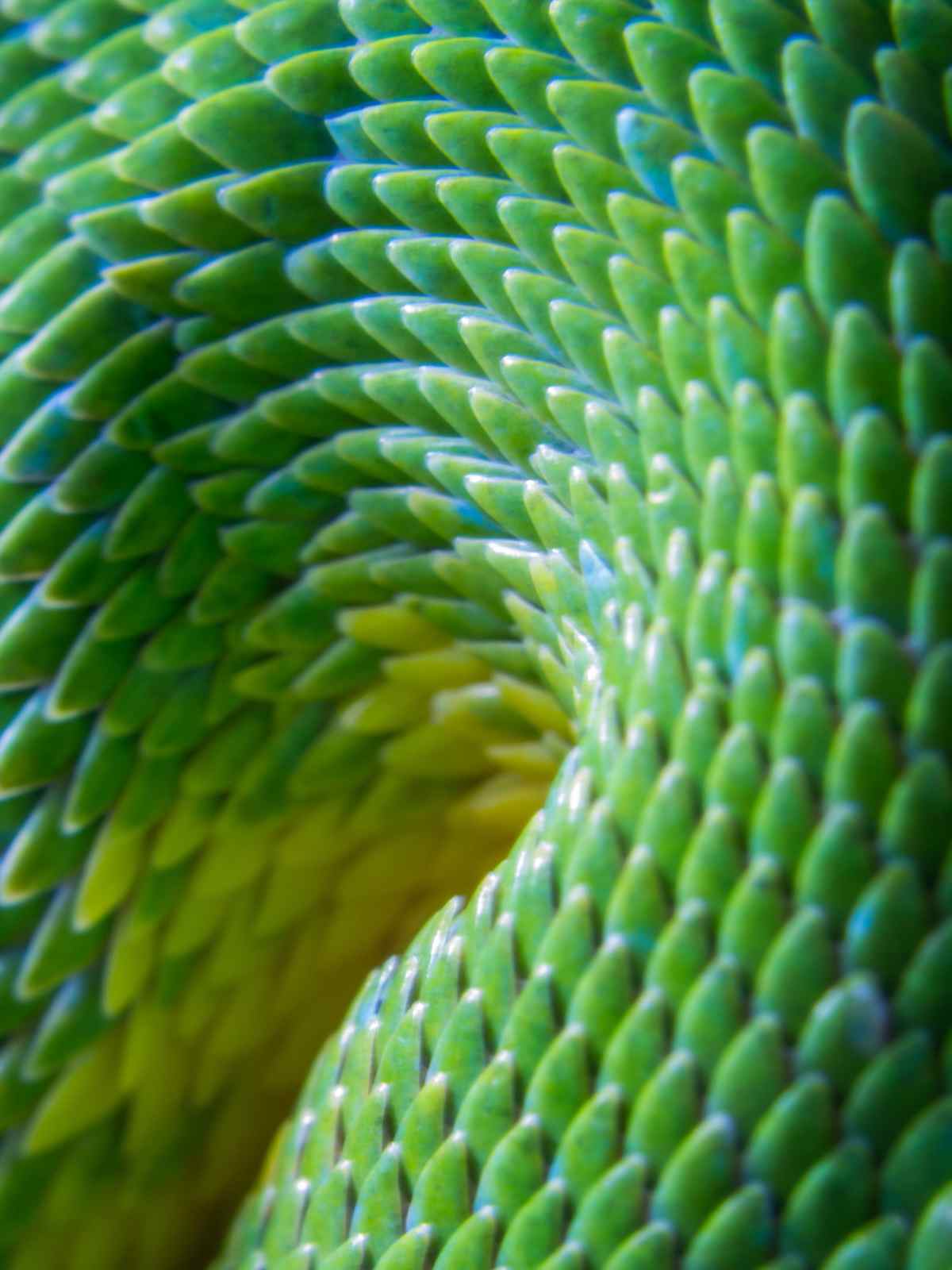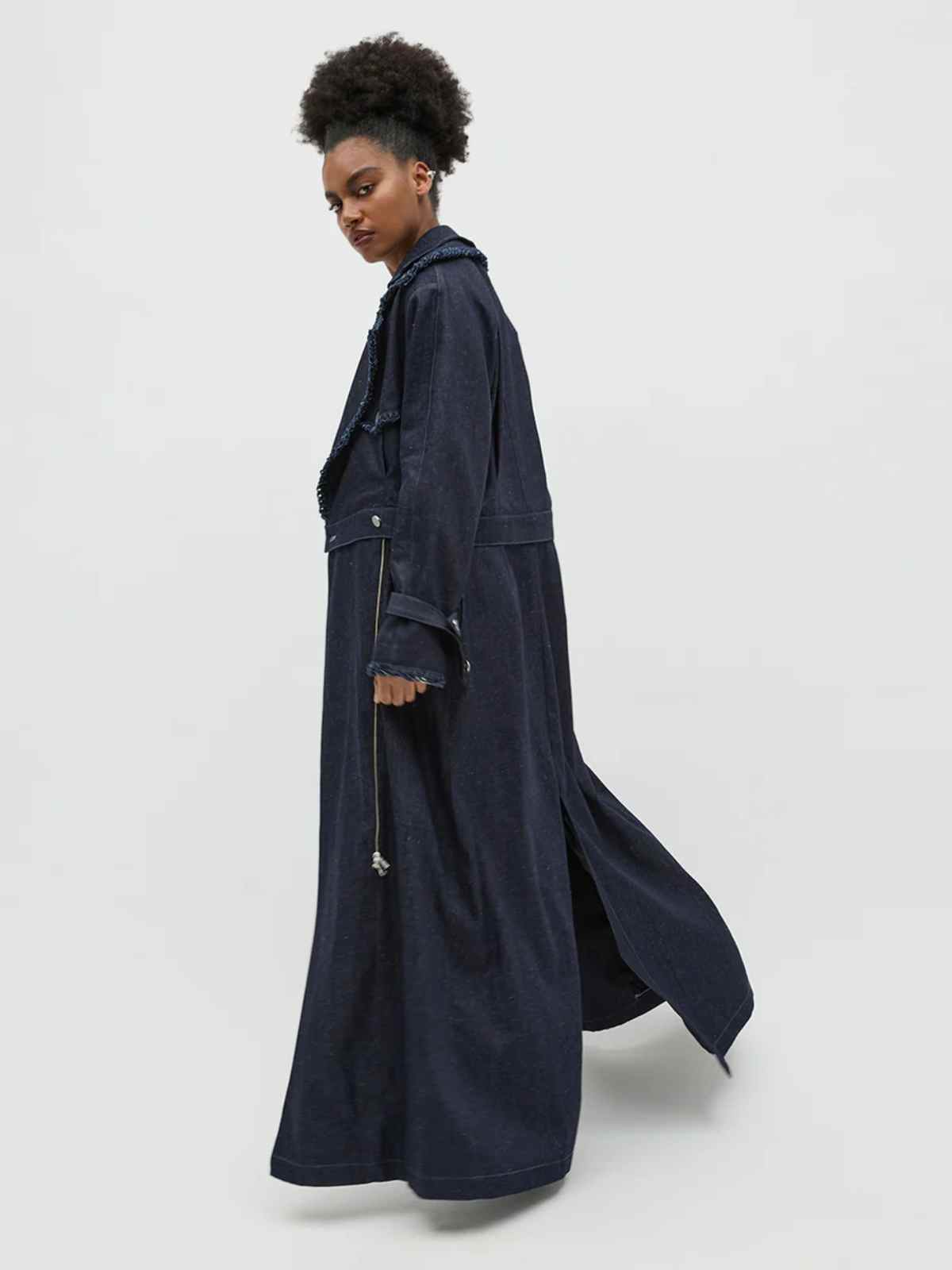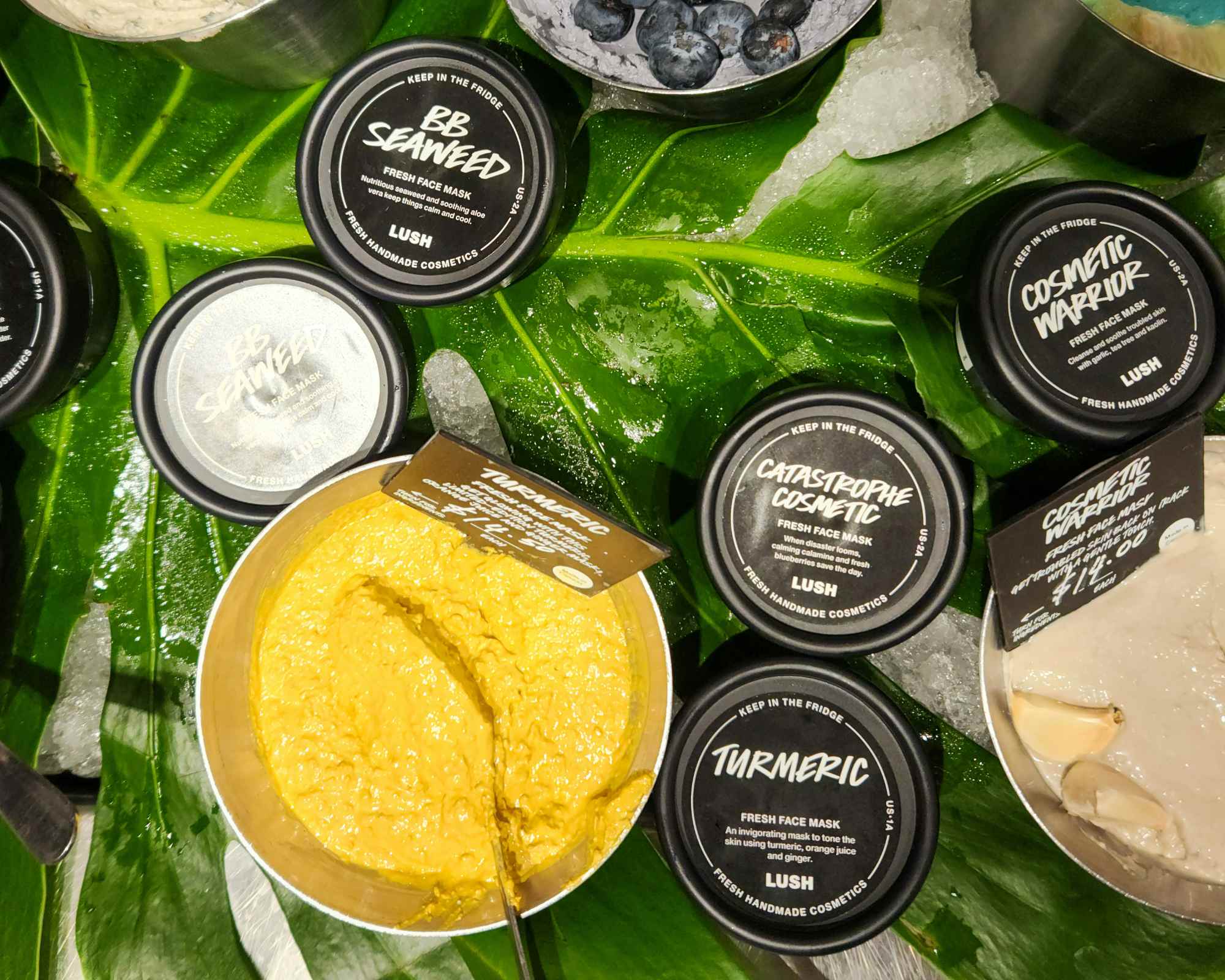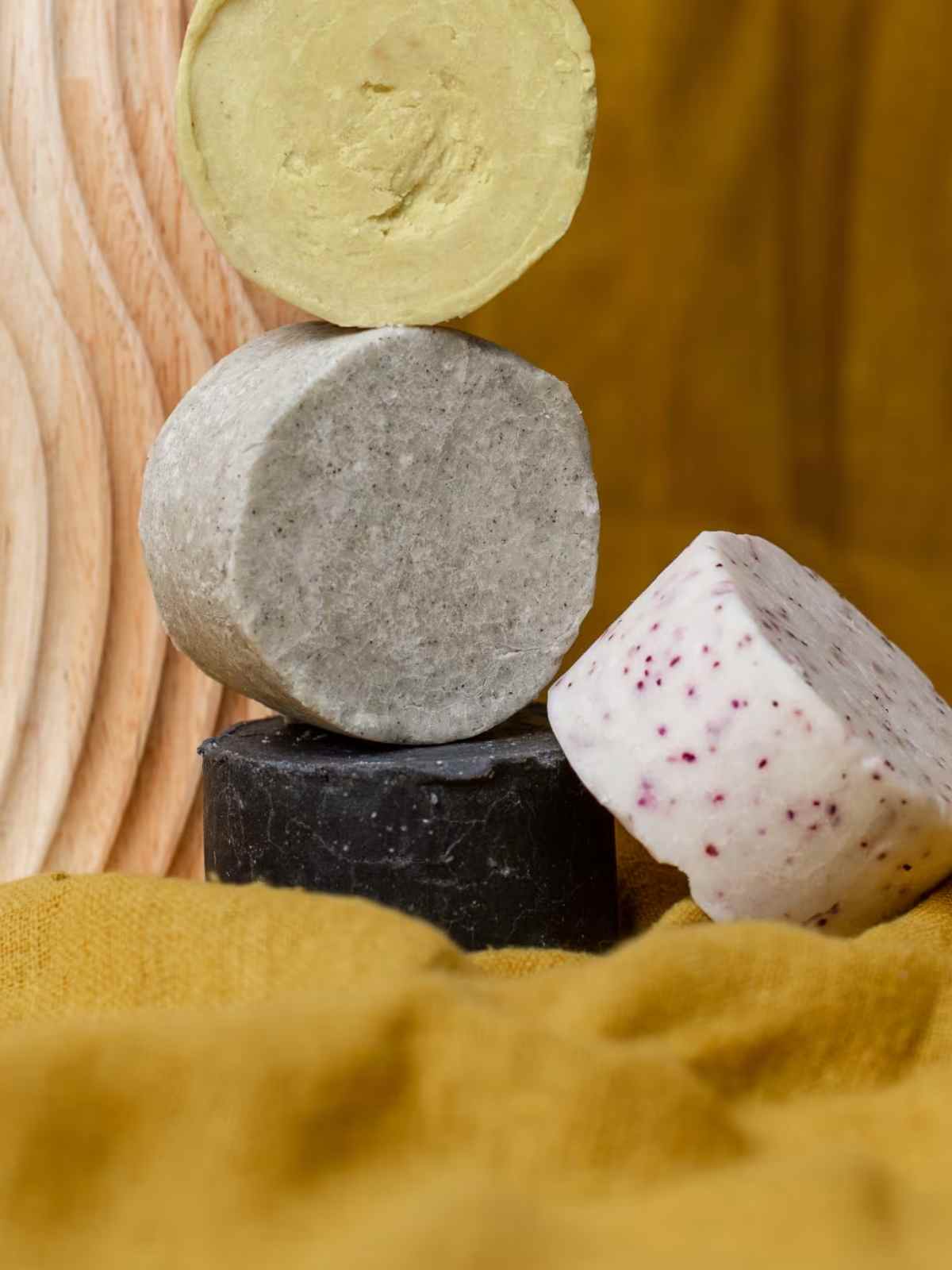It’s impossible to talk about more sustainable beauty without including Lush—one of the world’s most prominent beauty brands advocating for a more responsible approach. But how sustainable are its products and operations, really? Does Lush’s reputation as a responsible business ring true?
Happily, the answer is yes. Good On You’s analysts have rated Lush “Good”, which means the brand has strong sustainable practices. Read on to find out more about its initiatives.
This article is based on the Lush rating from September 2024 and may not reflect claims the brand has made since then.
Lush is leading by example
Lush is a British high street store best known for its minimal packaging, bright coloured bath bombs, fresh and handmade products, and its vocal stance on making bath and body products more ethically.
After supplying The Body Shop with formulations since the ‘70s, trichologist Mark Constantine and his wife, Mo, founded Lush in 1995 in Poole, UK, along with five other business partners.
Fast forward three decades and the brand now operates in 51 countries, with production facilities in the UK, Canada, Europe, Australia, and more.
The brand was founded on ethical principles, including fighting animal testing and being vegetarian, amongst others, and it has continually adapted as times have changed. Most recently, it removed a number of its social media accounts (note it is still active on YouTube, Pinterest, and LinkedIn) until the platforms committed to doing better in keeping users safe from harmful content.
Despite all this, Lush prefers not to describe itself as an ethical brand, noting: “We find the term [ethical] rather a difficult concept, because it seems to us that it is used to describe companies who try not to damage people or planet with their trade practices—when surely this should not be regarded as ‘ethical’ but as normal business-as-usual.”
Lush is also a great example of a business using its platform to bring about change—this is especially important for larger companies that have purchasing power and influence throughout the supply chain and with policymakers. The brand mandates “all Lush licensed territories” to campaign in shops and online about one of the brand’s core values at least once a year.
Environmental impact
Lush’s environmental impact rating is “Good”.
Though known for its shimmery bath bombs, Lush avoids glitter made from microplastics and opts for alternatives instead. On top of that, it uses recycled packaging and minimises waste by donating unsold products to charity. It also uses renewable energy in its supply chain.
The brand has published a comprehensive sourcing policy on palm oil, which can have a devastating impact on the environment if care isn’t taken during the cultivation of oil palm trees. Lush states that it is addressing biodiversity in its supply chain, but it doesn’t appear to have published a formal policy on that.
Labour rights
Lush rates “It’s a Start” for labour rights, and this is the area where it could improve the most.
The good news is that it traces most of its supply chain and has a code of conduct that covers ILO principles.
The beauty brand publicly states that it commits to “exceed government minimum standards of staff wages and conditions in all countries in which it operates,” and it ensures that living wages are paid to some workers int he final production stage, but it’s not clear whether the entire supply chain is covered.
Lush claims to audit some of its supply chain but it’s not clear what percentage—the brand could disclose details of this to improve its score in this area. On the plus side, the brand provides modern slavery training to its suppliers and has an internal grievance mechanism for workers to report concerns anonymously. Both of these measures help to reduce the risk of labour exploitation in the supply chain.
Lush has been mica-free since 2018 in order to avoid the serious child labour issues associated with the mineral’s mining.
Animal welfare
A longtime advocate for animal rights and a campaigner against animal testing, Lush rates “Great” for animals.
The brand was founded on the principle of creating vegetarian products, and it continues to go further: since 2019, Lush has phased out the use of egg in formulations, and as of 2025, 95% of its “all year round” range is vegan.
Today, the only animal-derived ingredients that the brand uses are from insects (for example, bee or snail byproducts).
Another founding principle is not using ingredients tested on animals (except where the European Union’s REACH criteria mandates it), and Lush notes: “Where there are laws and regulations which make non-animal testing difficult or impossible to achieve, we will challenge and campaign for true cruelty-free legislation in all markets.” Lush is PETA certified as animal-test-free.
The brand’s well-known stance on fighting animal testing led it to create the Lush Prize in partnership with the Ethical Consumer Organisation, which awards scientists and educators who are working to eliminate animal toxicity testing. “Lush will continue to fight animal testing worldwide—to speak out against it, to join with animal campaign groups to publicise it, to lobby against it and to educate around the issues—until animal testing is a thing of the past,” it states online.
Overall rating: ‘Good’
Lush’s “Good” rating shows that it’s doing the right thing by people, the planet, and animals. There are areas where it could still improve, but no brand—even the most sustainable ones—is perfect, and importantly, Lush has continued to improve its sustainability over the years.
In the context of the beauty industry and transparency, Lush is helping to lead the way for better practices.
Note that Good On You ratings consider hundreds of issues, and it is not possible to list every relevant issue in a summary of the brand’s performance. For more information, see our How We Rate page and our FAQs.




















